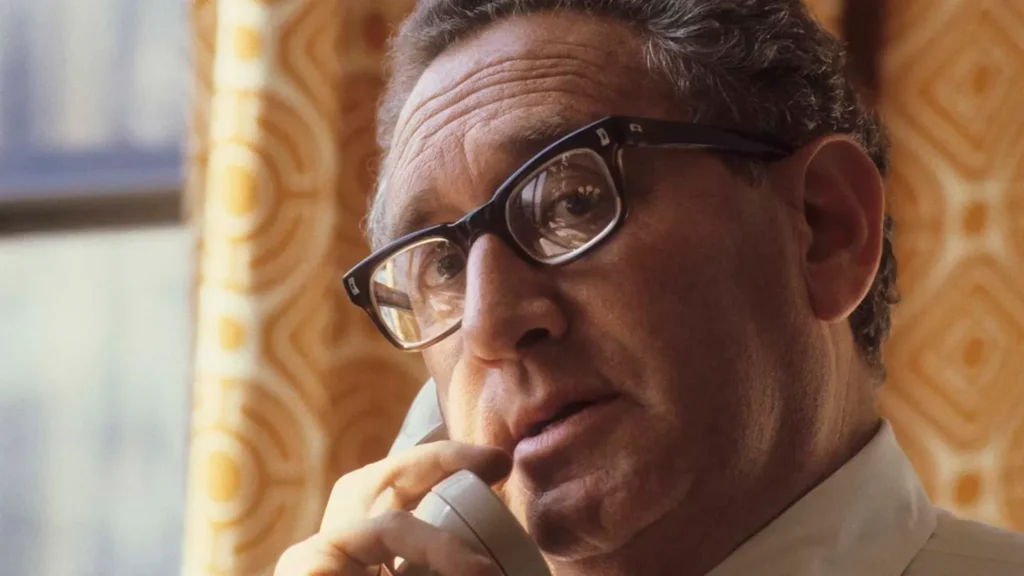Henry Kissinger, the German-born American diplomat, Nobel Prize winner, architect of wars, and expert in foreign policy, passed away at the age of 100.
Henry Kissinger is known for his roles as Secretary of state and presidential adviser, Kissinger’s legacy includes pioneering the policy of détente with the Soviet Union, initiating rapprochement with China, and receiving the Nobel Peace Prize in 1973 for negotiating the Paris Peace Accords to end U.S. involvement in Vietnam.
Despite being both revered and controversial, Kissinger maintained global influence after leaving public office.
READ MORE: Saudi Arabia wins to host World Expo 2030 in Riyadh
Born in Germany, he fled the Nazis with his family and arrived in the U.S. in 1938. After military service, he earned degrees at Harvard, joined its faculty, and became an adviser to Presidents Kennedy and Johnson.
Appointed national security adviser to Nixon in 1969, Kissinger played a key role in shaping U.S. foreign policy.
His involvement in Vietnam, including the bombing of Cambodia and Laos, remains contentious. Nixon appointed him secretary of state in 1973, and Kissinger continued his influential career after Ford’s presidency.
Survived by his wife, Nancy, and two children, Kissinger‘s intellect and impact on international relations are part of his complex legacy.
He wrote several books, including memoirs, and founded Kissinger Associates, an international consulting firm.


